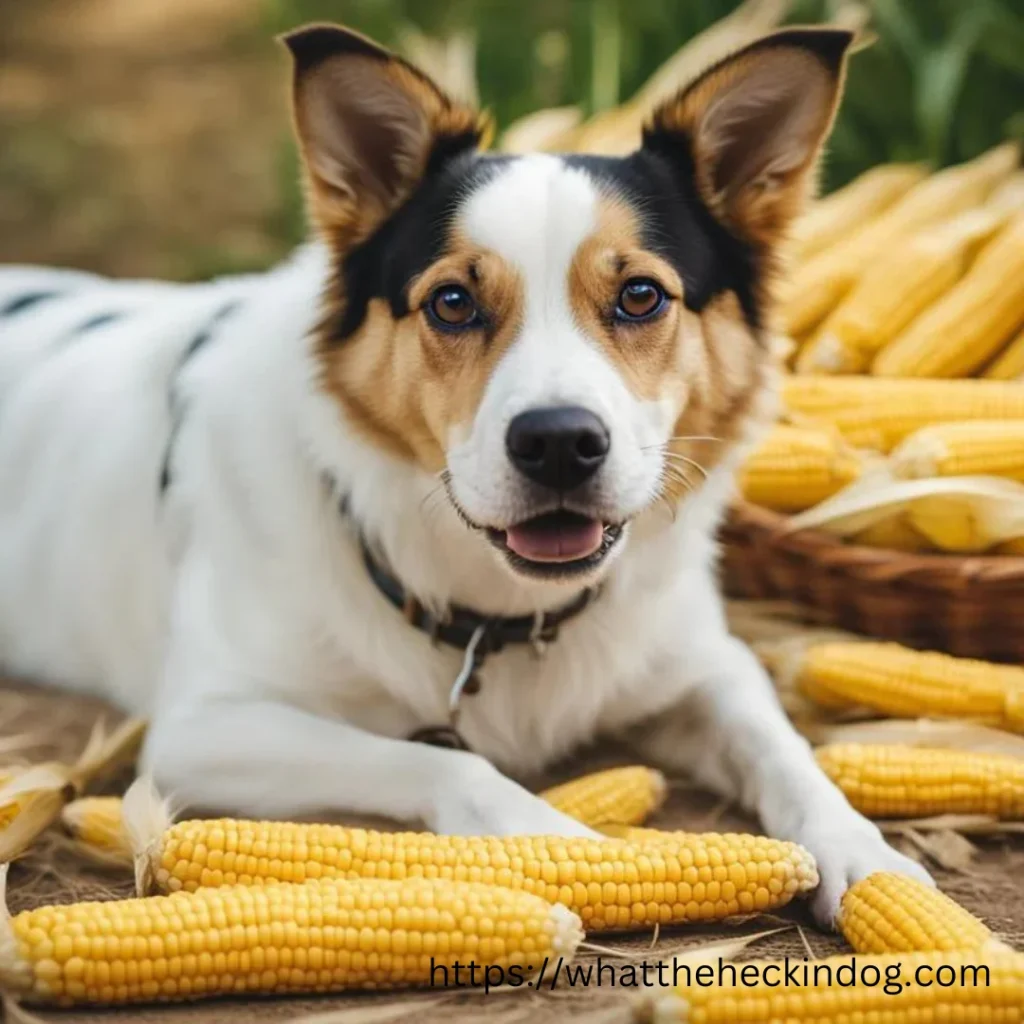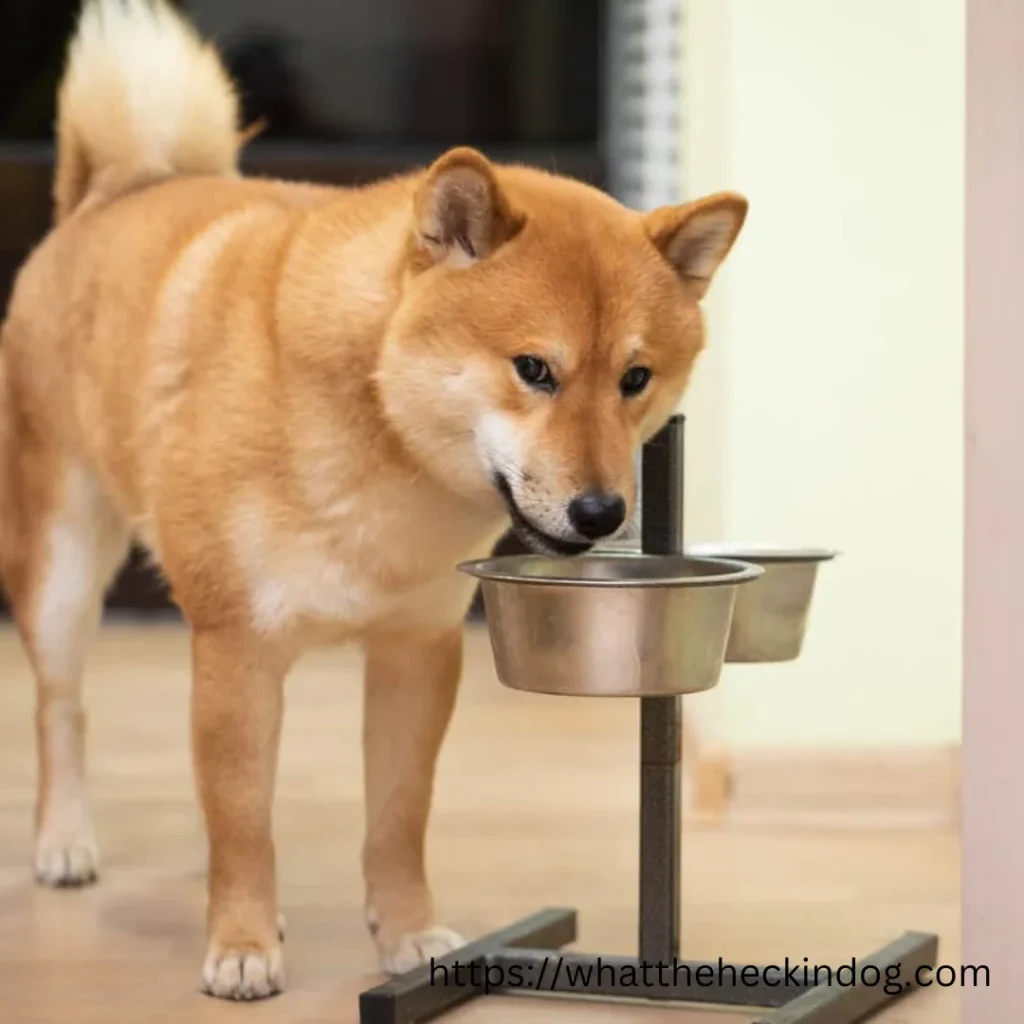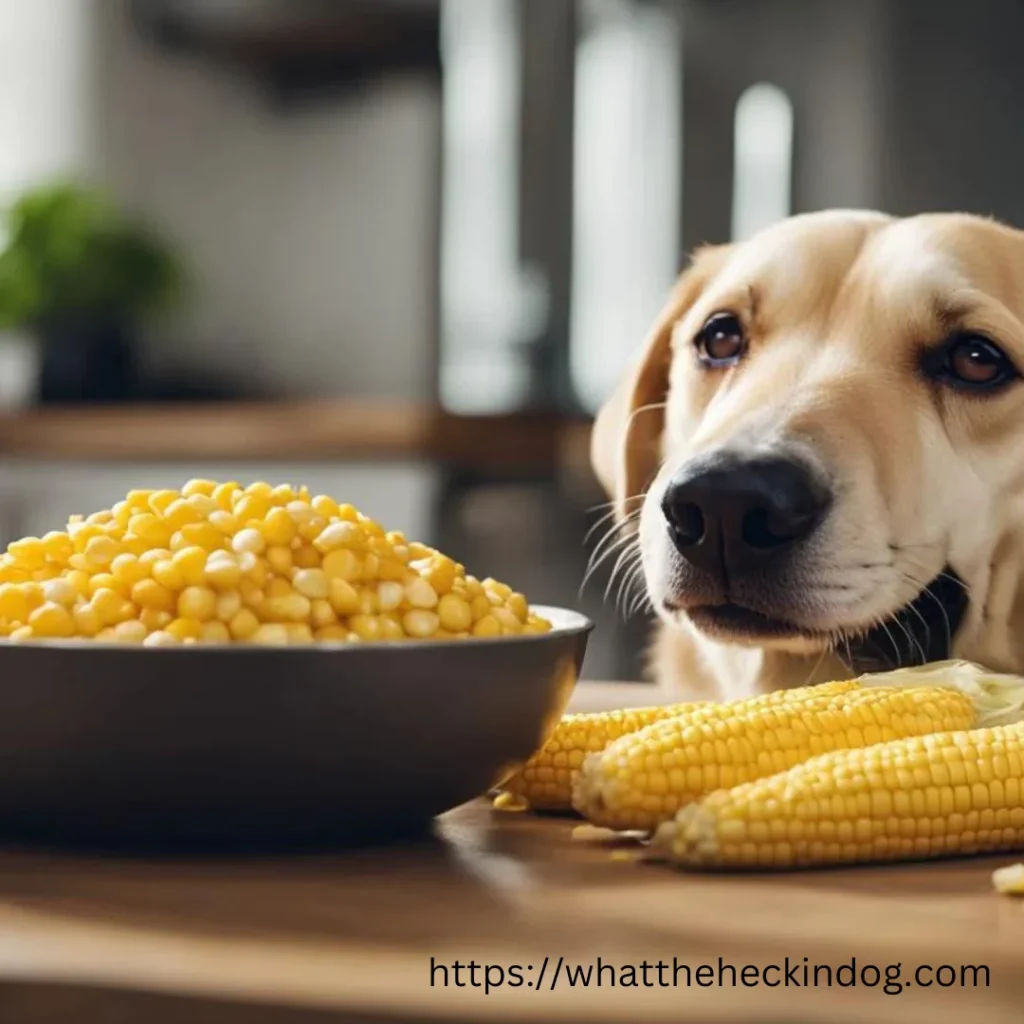Can Dogs Have Corn?
Although corn is not dangerous for dogs, it is not the healthiest choice. Some dogs can have digestive problems related to corn, which can result in allergies or stomach upset. It’s best to serve corn in small portions infrequently, make sure it’s cooked, and avoid adding extras like butter or salt. Moderation is very important.

Can Dogs Have Corned Beef?
Dogs can eat corn beef, but they should eat it sparingly because of its high fat and sodium content. Make sure it is prepared without any added spices or seasonings that can be dangerous for dogs. Always consult your veterinarian before adding new foods to your dog’s diet.
Can Dogs Have Candy Corn?
No, candy corn is not suitable for dogs. Dogs should not eat candy corn because it is high in sugar, artificial additives and other dangerous ingredients. Obesity, pancreatitis, and digestive problems can be caused by its use. Candy corn and other sweets should be kept out of your dog’s reach to protect their health and safety.
Can Dogs Have Corn Nuts?
Corn nuts should not be fed to dogs. These foods, which are often salty, can upset a dog’s stomach or pose a choking hazard. Additionally, the rough texture of corn kernels can damage your dog’s teeth. It is advisable to replace corn kernels with safer, more dog-friendly treats when feeding your dog.
Can Dogs Have Sweet Corn?
In moderation, dogs can safely eat sweet corn. This can provide your dog with a nice and nourishing treat. But make sure the corn is pure and fully cooked, free of any additives or flavors that could be dangerous to dogs. New foods should always be introduced gradually, and any adverse reactions should be observed.

Can Dogs Have Corn Syrup?
Corn syrup is not recommended for dogs. It is high in sugar and can cause diabetes, dental problems, obesity and other health problems in dogs. Additionally, many corn syrups may contain preservatives or ingredients that are bad for your dog. It is advisable to give dogs healthy snacks instead of corn syrup.
Is It Safe for My Dog to Eat Corn?
Yes, dogs can safely eat corn as long as they do so in moderation. It may offer certain nutritional benefits, such as protein and fiber. To make it easier for your dog to digest, it should be given in small amounts and boiled thoroughly. Additionally, do not feed corn on cabbage as it can block the digestive tract or cause a choking hazard. As always, consult your veterinarian before making any major dietary changes for your dog.
Can Dogs Eat Corn on the Cob?
Corn on the cob is dangerous for dogs to consume because it can choke them and cause intestinal obstructions that may need to be surgically removed. Dogs can consume corn as long as it is removed from the cob before feeding, even though it is safe in moderation. See your vet for guidelines on safe feeding procedures.
Can Dogs Have Corn Tortillas?
In moderation, dogs can safely eat basic corn tortillas. In general, plain corn tortillas are free of any harmful flavors or substances that may be present in flavorings. But it’s very important to make sure the tortillas are plain and free of spices like garlic or onion that can be dangerous to dogs. As always, moderation is key. Before adding any new items to your dog’s diet, it is recommended that you consult a veterinarian.
Does Corn Have Any Nutritional Value for Dogs?
Yes, corn is good for dog nutrition. It offers important nutrients such as fiber for digestive health, protein for muscle recovery, and carbohydrates for energy. Additionally, corn contains minerals and vitamins, such as magnesium and B vitamins. It should be given sparingly, though, and not as the main source of nutrition. Make sure it is cooked properly every time.
